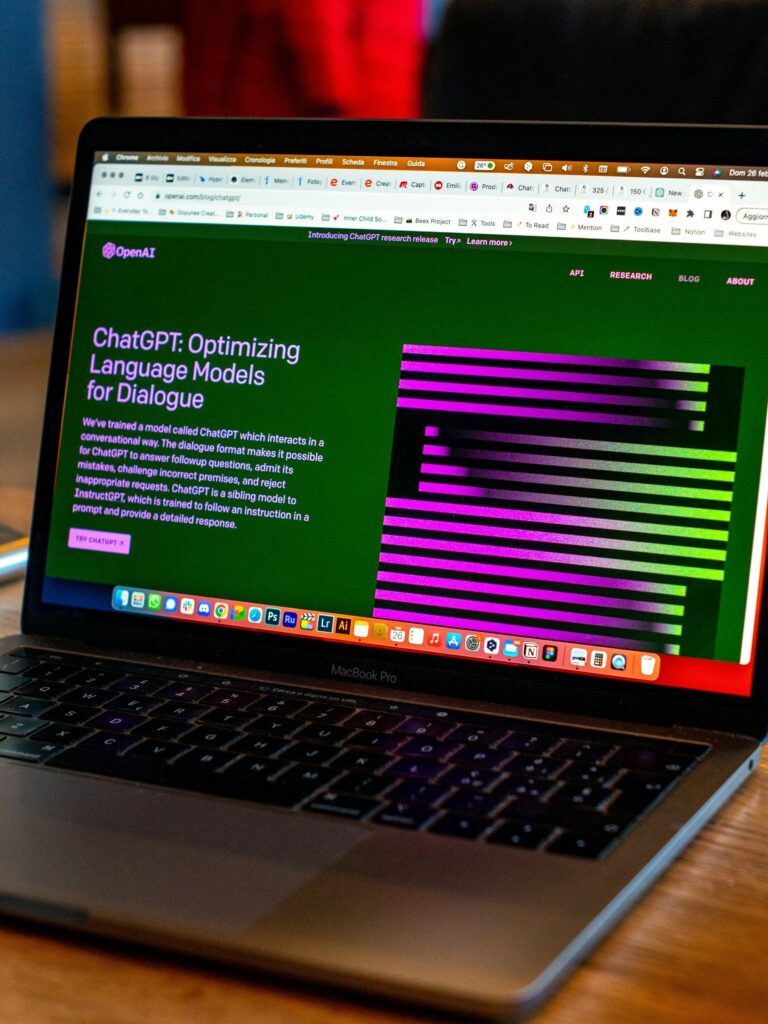
Is there anything worse than spending an afternoon writing job ads, setting them live, then returning after the weekend to an empty inbox?
Even the most seasoned recruiters know that you’ll get at least a few applications from a live advert, no matter how bad it is, but no responses at all should set alarm bells ringing.
Here are a handful of reasons why job adverts return a blank sometimes, and what can be done to drive applications even for tough-to-fill jobs.
You’re missing vital keywords from your job advert
Quick crash course in SEO: Google (and other search engines, and even the job boards) scrape your job adverts for keywords that they know people are searching for. E.g., ‘Accountant jobs’ and ‘accountancy jobs’ are both great examples of keywords that people search for, but it isn’t always natural to think to include these search terms in the copy of your job adverts.
You may also spend too long talking about the candidate’s requirements and your company without fulfilling these basic keywords. Try opening your next job advert with ‘Looking for accountancy jobs in Manchester? We’ve got the perfect role for you’, and you may find you get more bites than your usual job advert formula.
Your job advert isn’t being shown to the right audience
Just because you posted something to your job board and sponsored it doesn’t mean you’ll automatically get responses from that type of candidate. Often, job ads posted to job boards can wash in with national candidates or even sit on page 10 where no one will ever see it, never mind apply.
Make sure your job advert is targeted for the right location, the right salary bracket, and to the right industries. Ask your job board account manager to check all of these for you, or do it yourself if you can in your dashboard.
This is also where it pays to understand your target candidate’s habits and how they operate online. If you’re looking for someone with lots of experience, they may not be actively looking for a new role, so they’re never going to search for your job role on a job board or on Linkedin.
However, they may be very active in communities on Facebook or Reddit that apply to their profession. Here, an advertising campaign in the right place could grab you that hard-to-find person that just isn’t interested in advertising themselves on the usual channels.
Your job advert isn’t very exciting

Sorry – but your job advert could be boring. Dull, long and repetitive job adverts that are basically a copy and paste job of the job specification are less likely to entice your ideal candidates. Instead of simpy listing the requirements, dive into your brand story or share why the role is so important to the rest of the team. By making a dull job advert more human, with scary words like ‘emotion’ and ‘passion’ shining through, you’re more likely to receive an application from someone who may be looking beyond a new role as just a salary increase or if they’re applying out of desperation,
Long job adverts aren’t necessarily a bad thing, but if they’re longer than a few paragraphs, make sure the information they contain absolutely needs to be there. Filler and waffle that sits between the headline and the apply button creates a bigger opportunity for the reader to exit the page without applying, so make sure your text is broken down into sections and without huge blocks of text.
Remember you can always link to other pages on your website or to a specific story or brand feature if you think it will help to build the applicant’s picture of your organisation beyond the advertised salary and job title.
Your advertised salary is wrong, or isn’t being shared
So many organisations are still choosing ‘competitive’ or ‘industry-leading’ when they advertise their roles. This may seem like a good strategy to ensure your existing teams aren’t shocked to learn what you’re willing to pay, or to give you some negotiation room based on the prospective employee’s current salary, but in reality not advertising a salary can be a big turn-off for candidates.
Think about it from the other side of the table – if you’re in demand, and there are a lot of similar roles being advertised, you’ll naturally gravitate to the roles with the best advertised salaries. It also sets the tone for the rest of the application process, with early transparency showing applicants that they can expect to have all the information before they spend time tailoring their CV and writing a cover letter.
Alternatively, there may be an error on the job listing, or you’re just too far out from the rest of the market with the salary you have available. Both can be fixed, one easily, and the other with a frank conversation with whoever is in charge of the budget.
You used ChatGPT to write it (and didn’t check)

Using AI to write your job adverts isn’t a bad idea – it gives you a great outline, may remind you of things you may have missed, and could include structure and elements like a call to action that don’t come naturally to those who don’t write often. However, relying solely on AI to write your job adverts isn’t a great idea.
As well as still being limited to what exists already, AI-written job adverts will never encapsulate your employer brand (even the ones that you can tweak won’t get it quite right just yet). And worse, if you’re mass-producing job ads in ChatGPT and hitting publish, you could end up getting penalised by search engines. Google’s latest core update is aimed at reducing poor quality web copy that is solely generated by AI.
Instead, use ChatGPT to generate an outline or ask it to remind you what should be included. Then, build out your job advert with the right information and tone of voice specific to your brand, or even the role or department.
There’s a technical problem
The easiest one to fix – your job advert isn’t actually being displayed. This could be down to an incorrect location, or the publish button wasn’t actually clicked, so check everything over if you’ve looked at all of the above and there’s still nothing happening.
If you’ve applied all of these fixes and still aren’t seeing results, then remember you can reach out to the Artfully team for further help and advice when it comes to recruitment advertising performance. We specialise in campaign management and tracking, so if your ads aren’t performing as you believe they should, we can tell you why they aren’t and offer a solution. Reach out today to see how we can bring you an uplift in applications without you having to increase your recruitment advertising budget.



